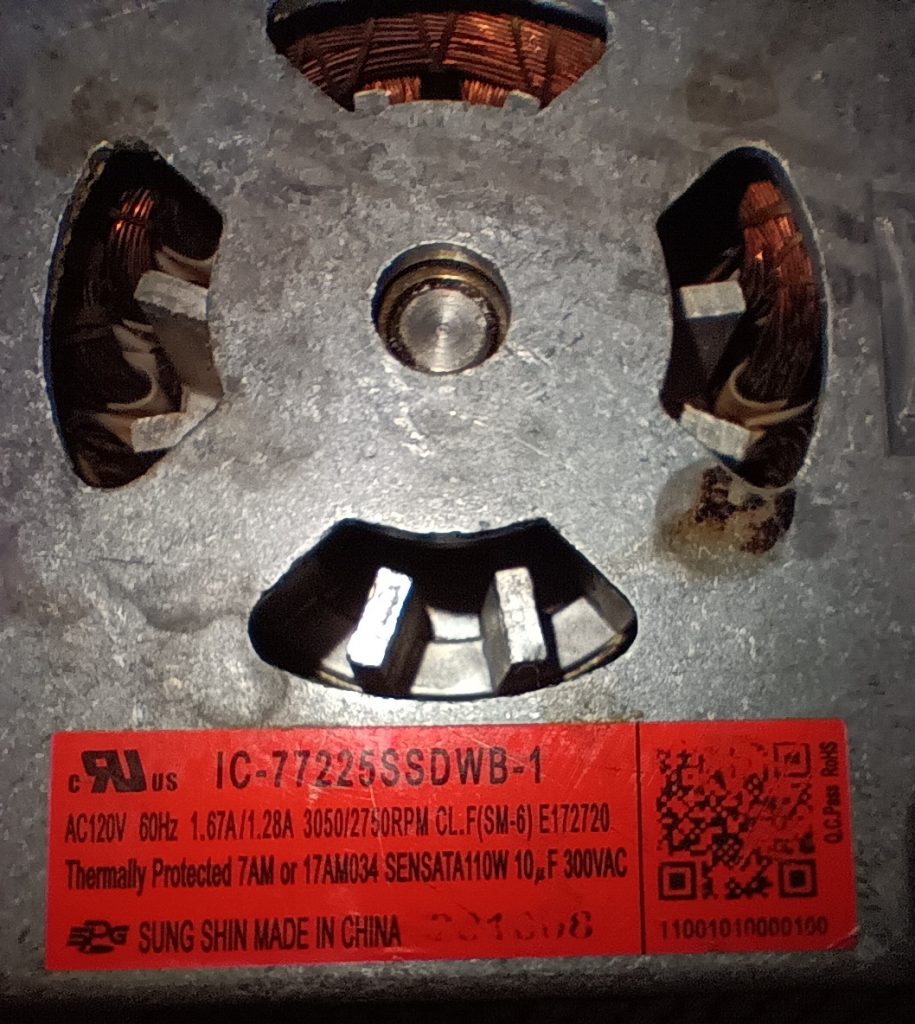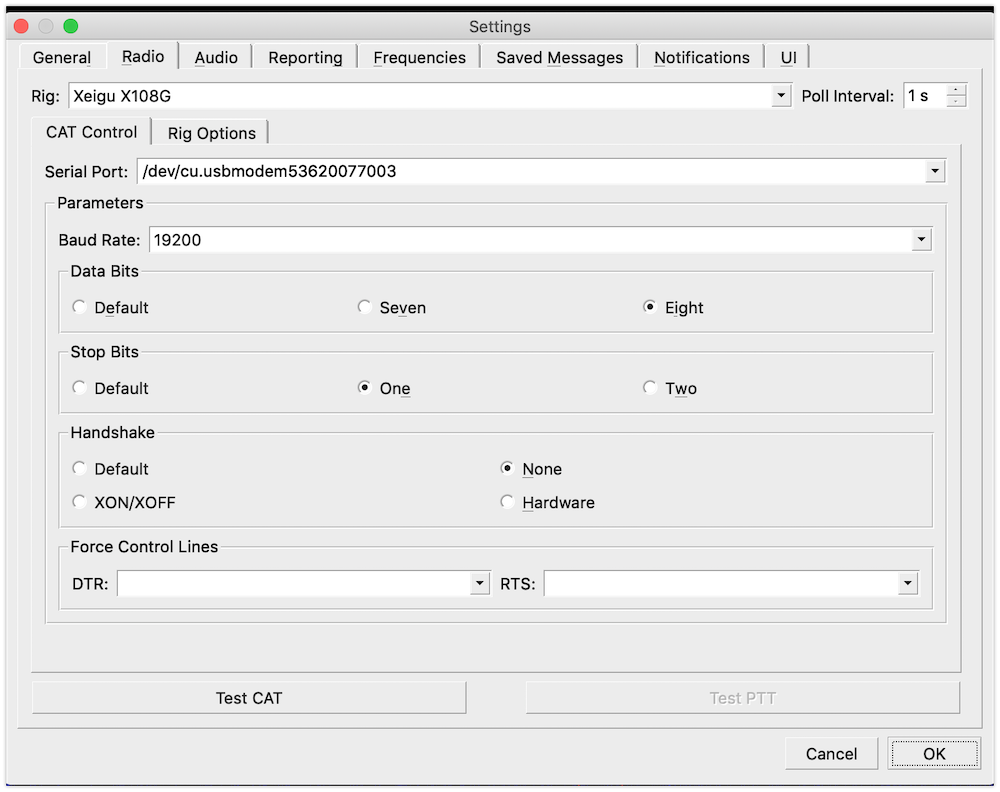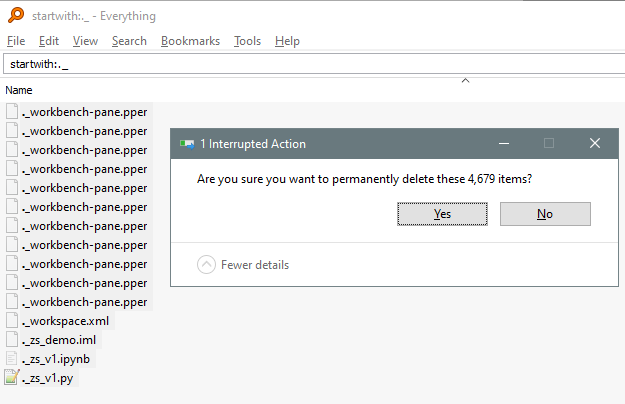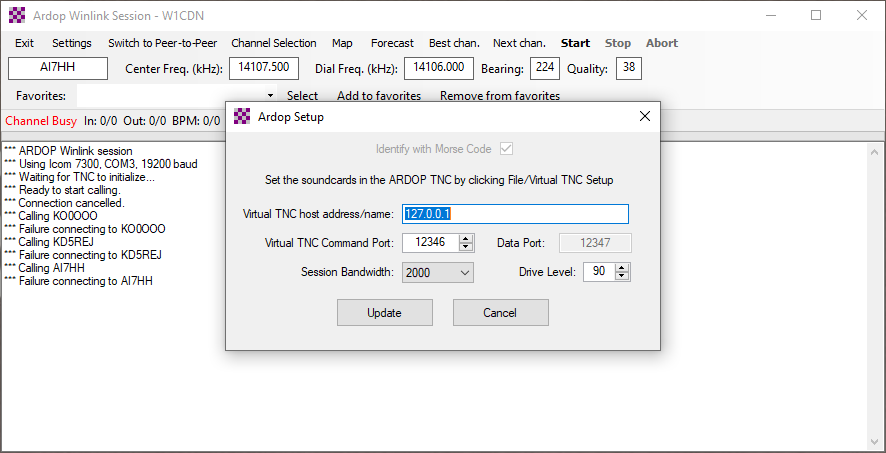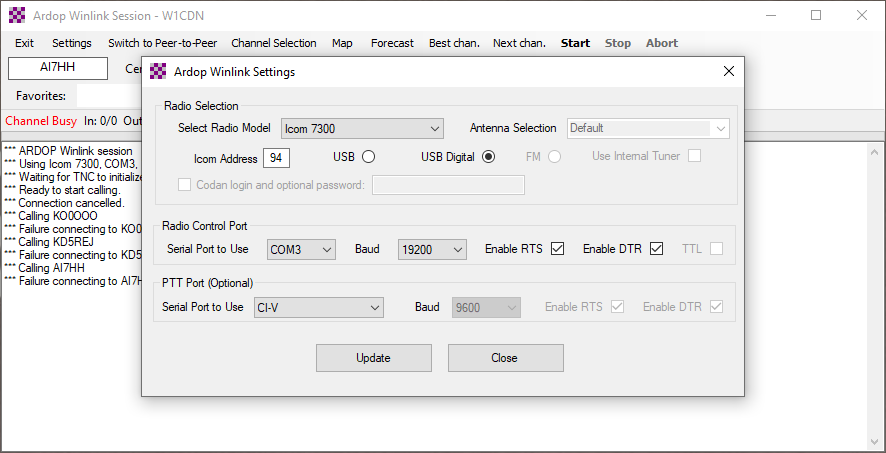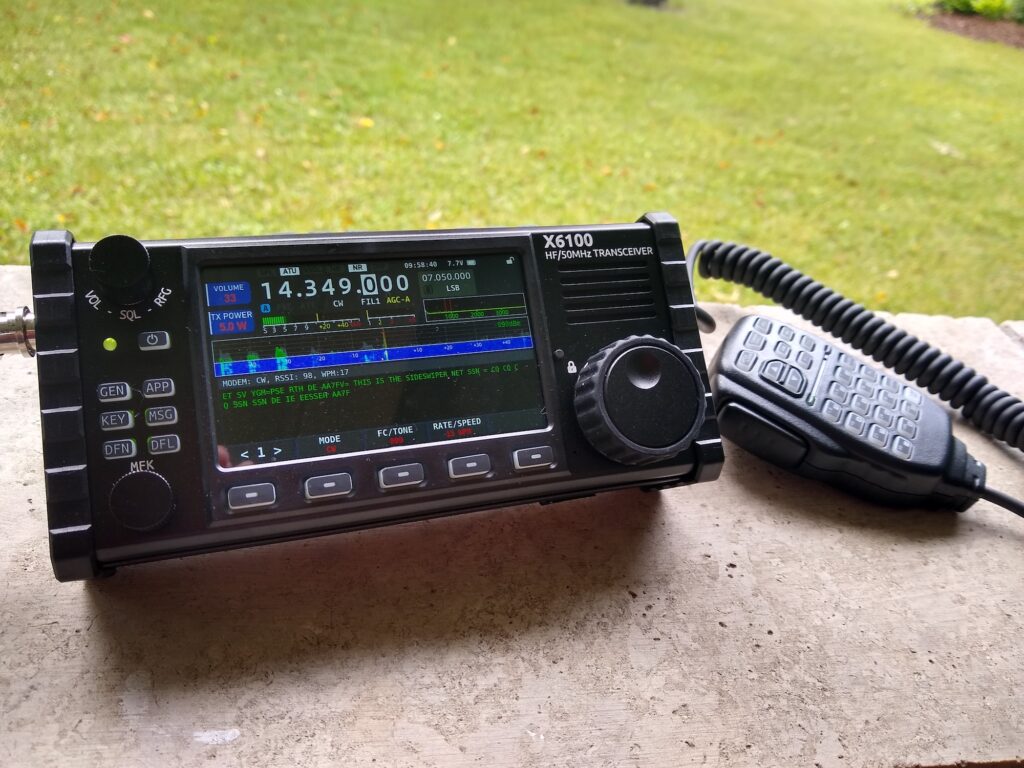Cory Doctorow explained last month, quoting Aaron Cope (highlighting mine):
The internet was inspired by the end-to-end principle, the idea that the network’s first duty was to transmit data from willing senders to willing receivers, as efficiently and reliably as possible. That principle made it possible for whole swathes of people to connect with one another. As Cope writes, openness “was not, and has never been, a guarantee of a receptive audience or even any audience at all.” But because it was “easy and cheap enough to put something on the web,” you could “leave it there long enough for others to find it.”
This is a variation on the more succinct thing I saw on fedi the other day that (paraphrasing) “a blog post is a query through time to find similar people,” “A blog post is a very long and complex search query to find fascinating people and make them route interesting stuff to your inbox,” which I thought was nice. If I find the source, I will update this post. Updated!
To that end, here are a few things that don’t warrant their own posts (even though that might be better SEO), but that I’m interested in, if other people locally are:
- Community Solar in East Grand Forks
- Strong Towns East Grand Forks
- Strong Towns Grand Forks
So if you’re into these ideas or something similar, know that I am too! Drop a comment and let’s make something happen.
Update: Speaking of community solar here in East Grand Forks, I ran across this page, with a map that highlights EGF, but with some questionable conclusions:
Hydroelectric
Two of MMPA’s member communities, East Grand Forks and Olivia, purchase a portion of their power from the Western Area Power Administration. Because it produces no waste and causes no carbon emissions, hydroelectric power is a sustainable form of energy.
The WAPA page has this to say (highlight added):
Western is a Federal agency under the Department of Energy that markets and transmits wholesale electrical power from 56 Federal hydropower plants and one coal-fired plant.
Hmm…

